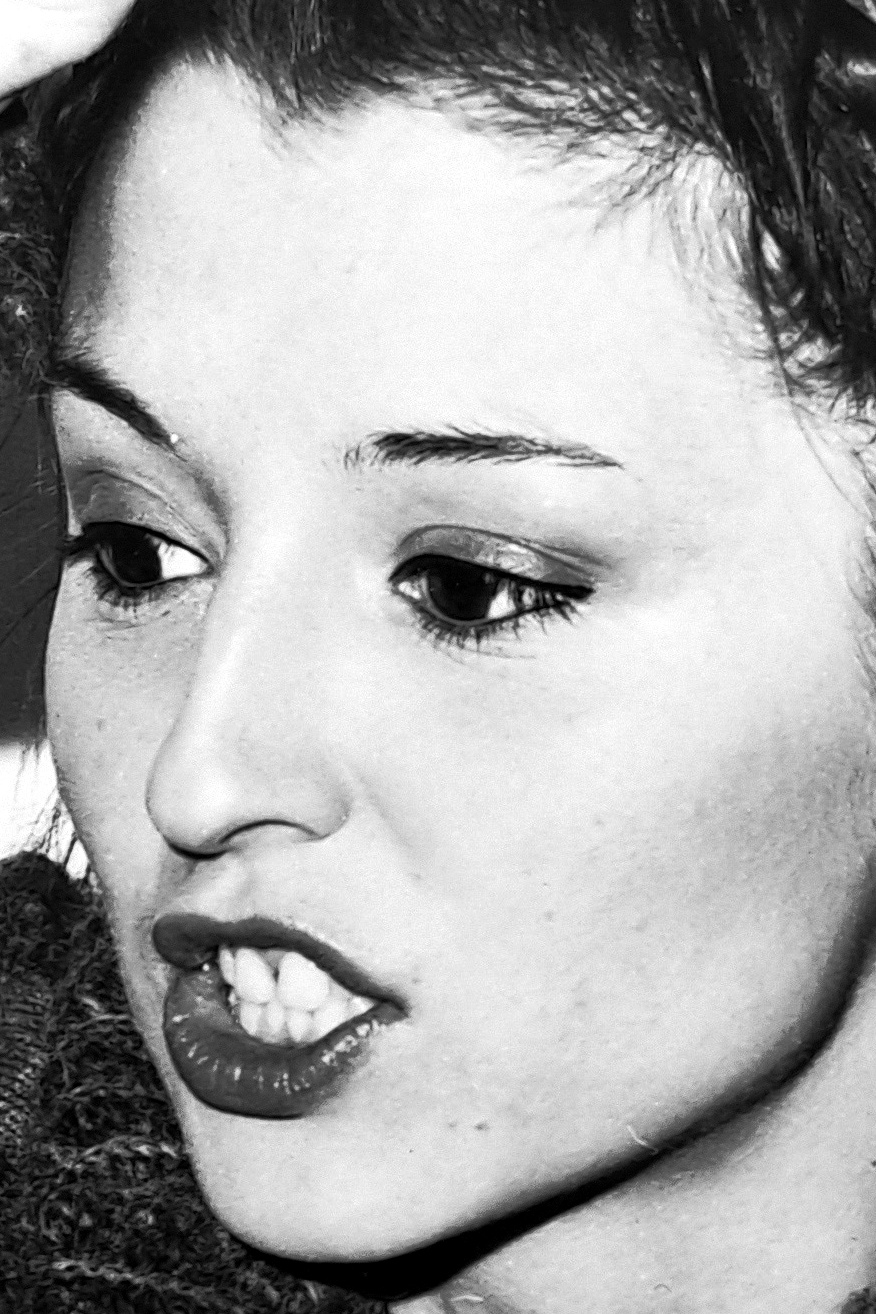What’s going to happen to me? Karel Kryl was asking. Death decided it

Download image
Eva Sedlářová was born on 5 March 1954 in Uherské Hradiště as the second of two daughters of Vlasta and Dušan Sedlář. Her father was a vet and her mother an ethnographer. Both came from South Moravia. Eva Sedlářová spent her pre-school childhood in Nový Hrozenkov in Wallachia, where her father was a veterinary doctor. After he refused to participate in the pressure against the farmers during collectivization, the family moved to Ústí nad Labem. There, the father got a job as director of the zoo. After the occupation in 1968, the Sedlářs emigrated to West Germany. Eva Sedlářová met the poet and singer Karel Kryl. They were married for two years. In 1975 they divorced. She got to know the environment of the Czech editorial office of Radio Free Europe in Munich. In the late 1970s she moved to Italy, graduated from medical school and devoted herself to palliative care. After fifty years she returned to the Czech Republic and at the time of recording, in 2025, she was living in Ústí nad Labem.






